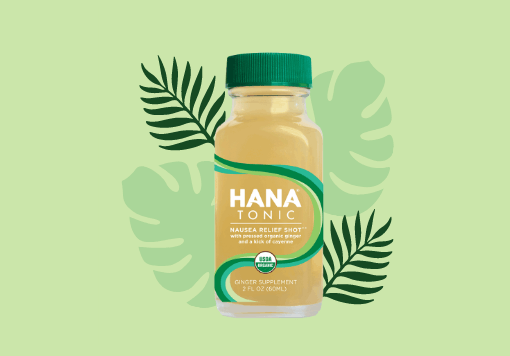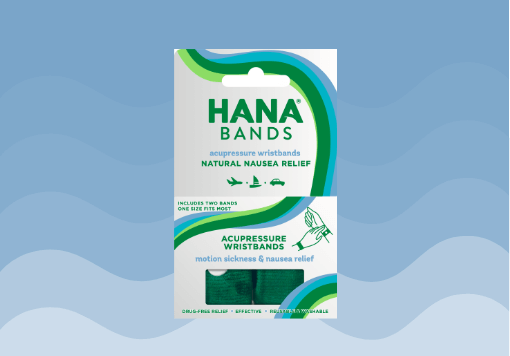Is it worth the extra cash to spend a few dollars more for an organic product instead of conventional options? Modern farming techniques use a variety of synthetic ingredients to maximize production and minimize damage from pests. While these treatments can increase yield with the goal of feeding more people, there are potential health concerns that come from pesticides.
The best thing you can do to protect your family’s health is to learn more about the ingredients you are buying at the grocery store. Appearances can be deceptive... which is why you need to know about the chemicals used to grow the food.

How Pesticides Impact Human Health
Consuming food treated with pesticides can lead to both short-term and long-term adverse health effects. These toxic contaminants can build up on the body over time, eventually causing chronic health issues and permanent damage. Symptoms vary from one person to the next, and can include a range of health issues:
- Rashes
- Diarrhea
- Immunotoxicity
- Cancer
- Reproductive issues
- Endocrine disruption
- Damage to the kidneys and liver
- Developmental delays
The use of pesticides is a controversial topic. Farmers argue that pesticides are essential to feed the growing population. Using pesticides can increase yield by minimizing produce loss from insects and weeds.
Researchers have suggested that children are more vulnerable to pesticide exposure since their bodies are still in the developmental stages. But the exposure and risk concerns can affect people of all ages.
Pesticides in Organic Farming
As people are learning about the dangers of pesticides, consumers are choosing organic foods more often. Do organic farmers use pesticides? Don’t be fooled into thinking that an organic product means that no pesticides were used. Instead, it’s a better choice compared to the harsh chemicals used in conventional farming.
The basis of organic farming is to produce healthier foods with minimal use of toxic pesticides. In the United States, organic farmers must go through strict regulatory requirements to ensure the safety of these products. The goal is to minimize the impact on human health.
Organic farmers deal with common issues such as diseases, insects, and weeds. A list of approved substances allows organic farmers to use alternative pesticide options, such as:
- Hydrogen peroxide
- Copper sulfate
- Alcohol
- Pepper
- Diatomaceous earth
- Neem oil
About 25 pesticides are approved for organic farming, and most of them are derived from nature – using plants or bacteria to create the pesticide product. In comparison, over 900 synthetic pesticides can be used in conventional farming. The ingredients used in organic farming are far less toxic compared to their conventional counterparts. The Environmental Protection Agency (EPA) reviews all pesticides and considers organic pesticides to be the safest and least toxic.
Choosing Healthier Ingredients
Buying organic produce doesn’t mean that you will get ingredients that are free of pesticide residue. But researchers have found that organic foods contain fewer pesticides compared to conventional foods. Organic ingredients can reduce pesticide exposure by as much as 98%.
Our team at Hana Tonic is committed to sourcing the highest quality products. Our proprietary blend of health-boosting ingredients can be helpful for a quick immune boost or to manage symptoms of nausea and motion sickness. Try this tasty, portable shot at home or anywhere you go.




